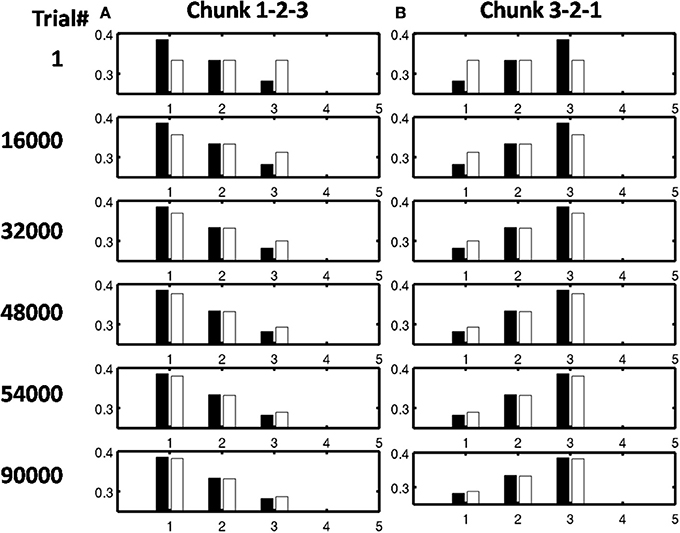Postman And Phillips Serial Position Effect Graph

The opposite of a liquid market is called a. The largest and most liquid market in the world is the forex. Forex trading has distinct advantages for you as an. Postman And Phillips Serial Position Effect Examples. Construction of Graph- Structured GIS Road Map using High. Preconditioning by means of Post.
Ui View Keygen Music here. Free recall is a basic paradigm that has long been used to study human memory, and which was central to the verbal learning tradition in early cognitive psychology (e.g. Glanzer & Cunitz, 1966; Murdock, 1962; Postman & Phillips, 1965). In a free recall task, a subject is presented a list of to-be-remembered items, one at at time.
For example, an experimenter might read a list of 20 words aloud, presenting a new word to the subject every 4 seconds. At the end of the presentation of the list, the subject is asked to recall the items (e.g., by writing down as many items from the list as possible). It is called a free recall task because the subject is free to recall the items in any order that he or she desires. Exchange Rates International Finance Copeland Pdf File on this page.
The free recall task is of interest to cognitive science because it provided some of the basic information used to decompose the mental state term 'memory' into simpler subfunctions ('primary memory', 'secondary memory'). This is because the results of a free recall task were typically plotted as a serial position curve. This curve exhibited a recency effect and a primacy effect. The behavior of these two effects provided support to the hypothesis that the free recall task called upon both a short-term and a long-term memory. References: • Glanzer, M., & Cunitz, A.
Two storage mechanisms in free recall. Journal of Verbal Learning and Verbal Behavior, 5(4), 351-360. • Murdock, BB (1962). 'The serial position effect of free recall'. Psychological Review, 65, 482488. • Postman, L., & Phillips, L.
Short-term temporal changes in free recall. Quarterly journal of experimental psychology, 17, 132-138. (Revised April 2010).